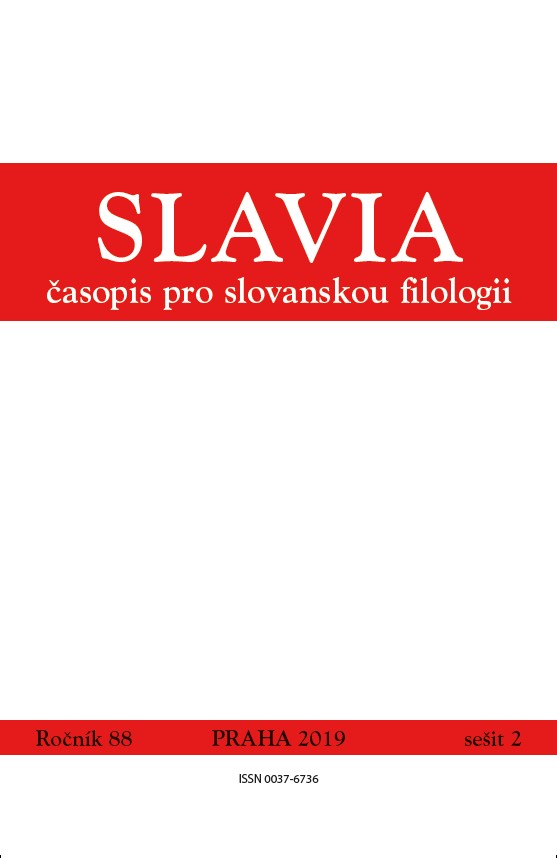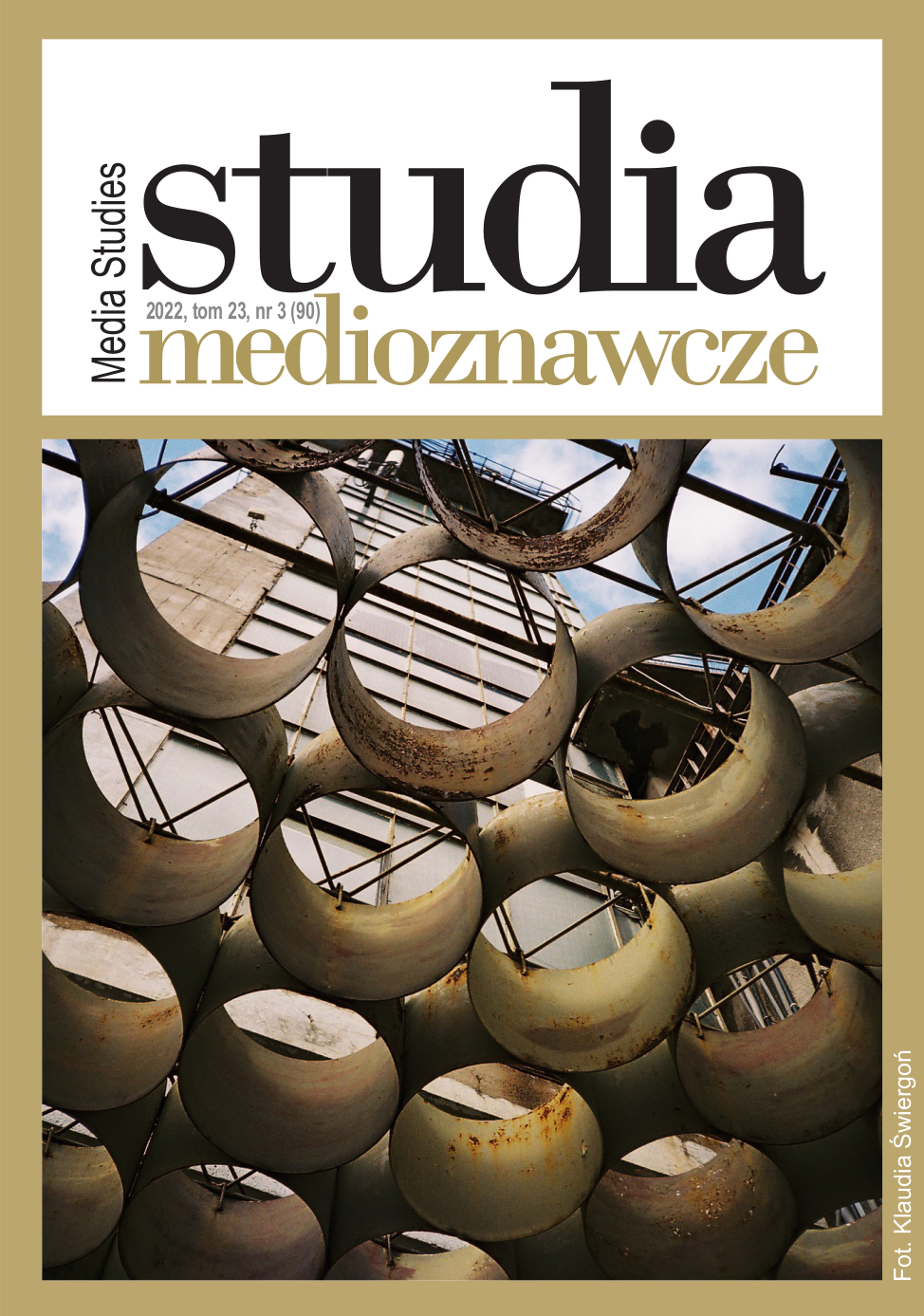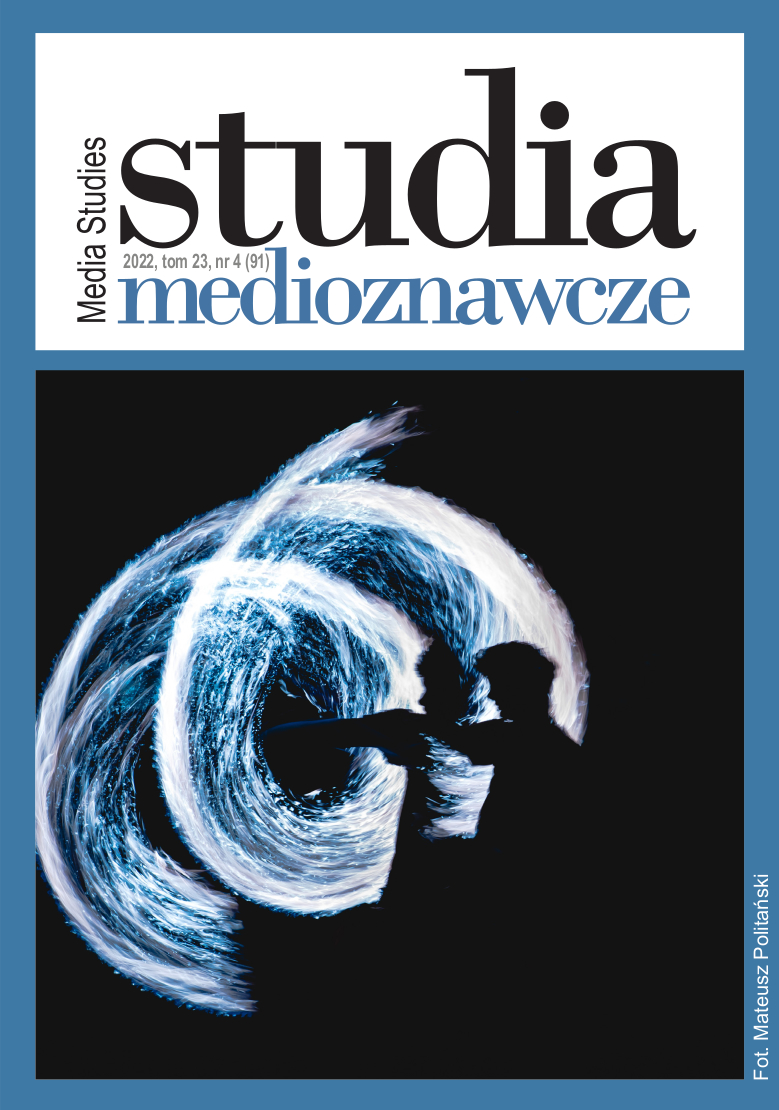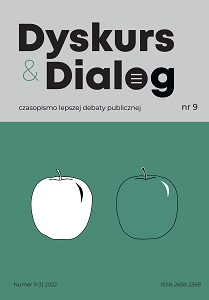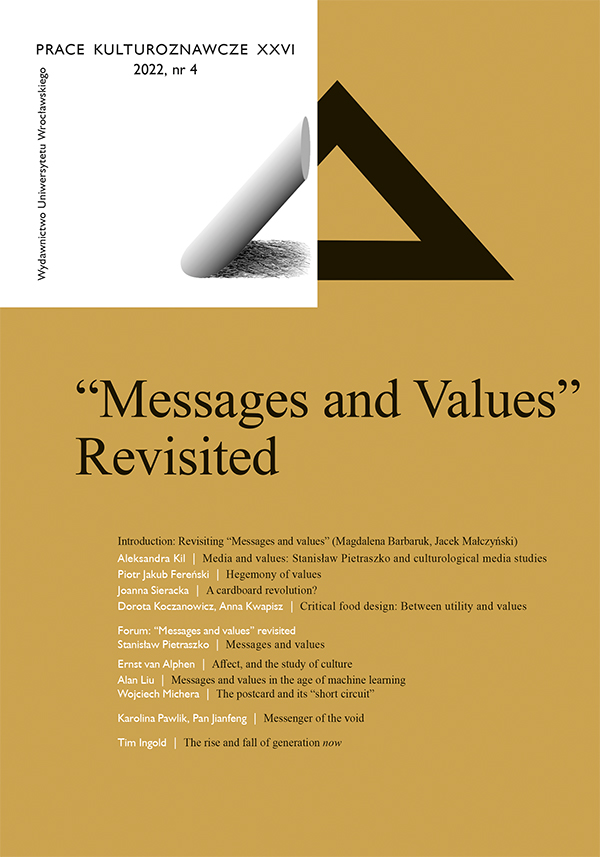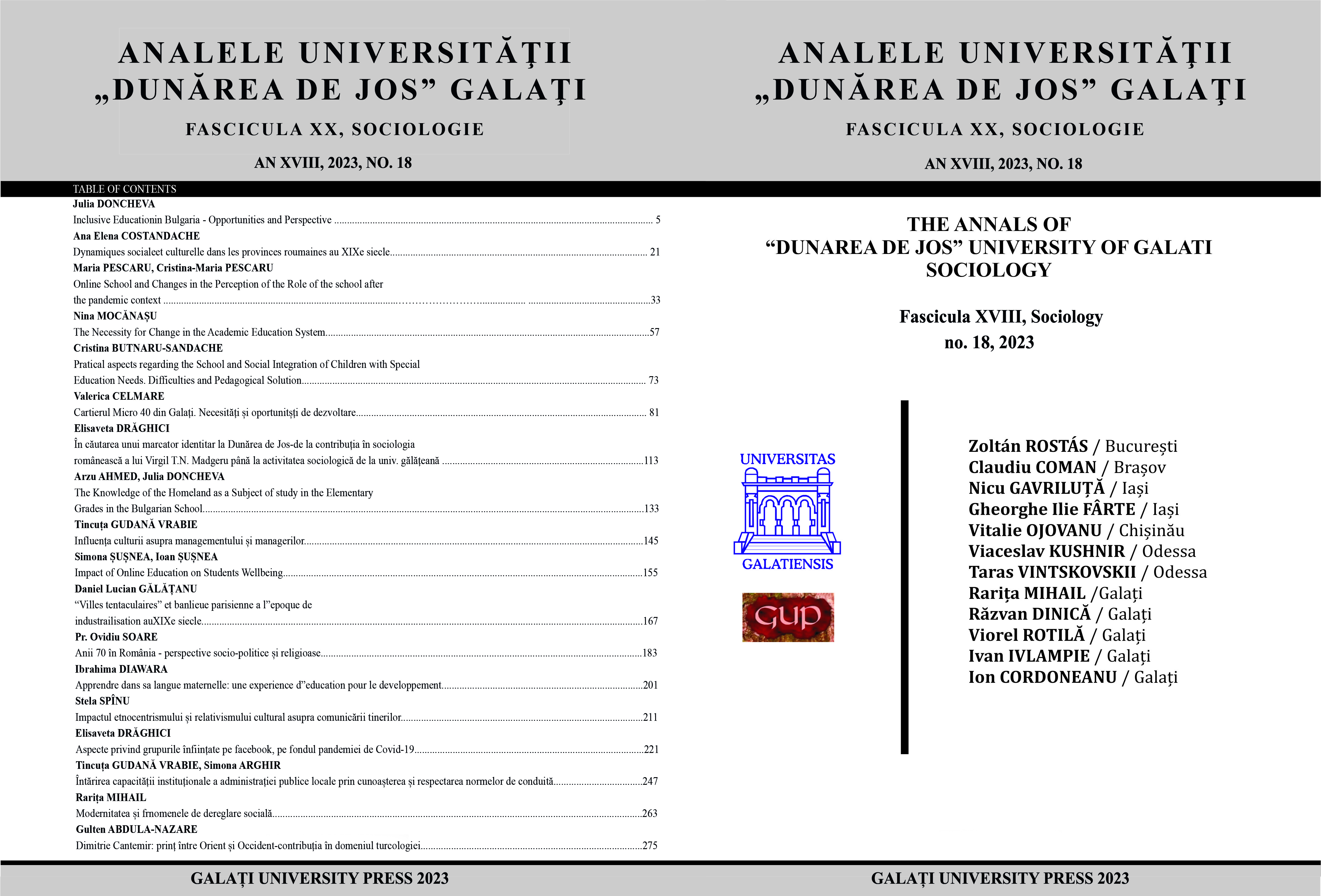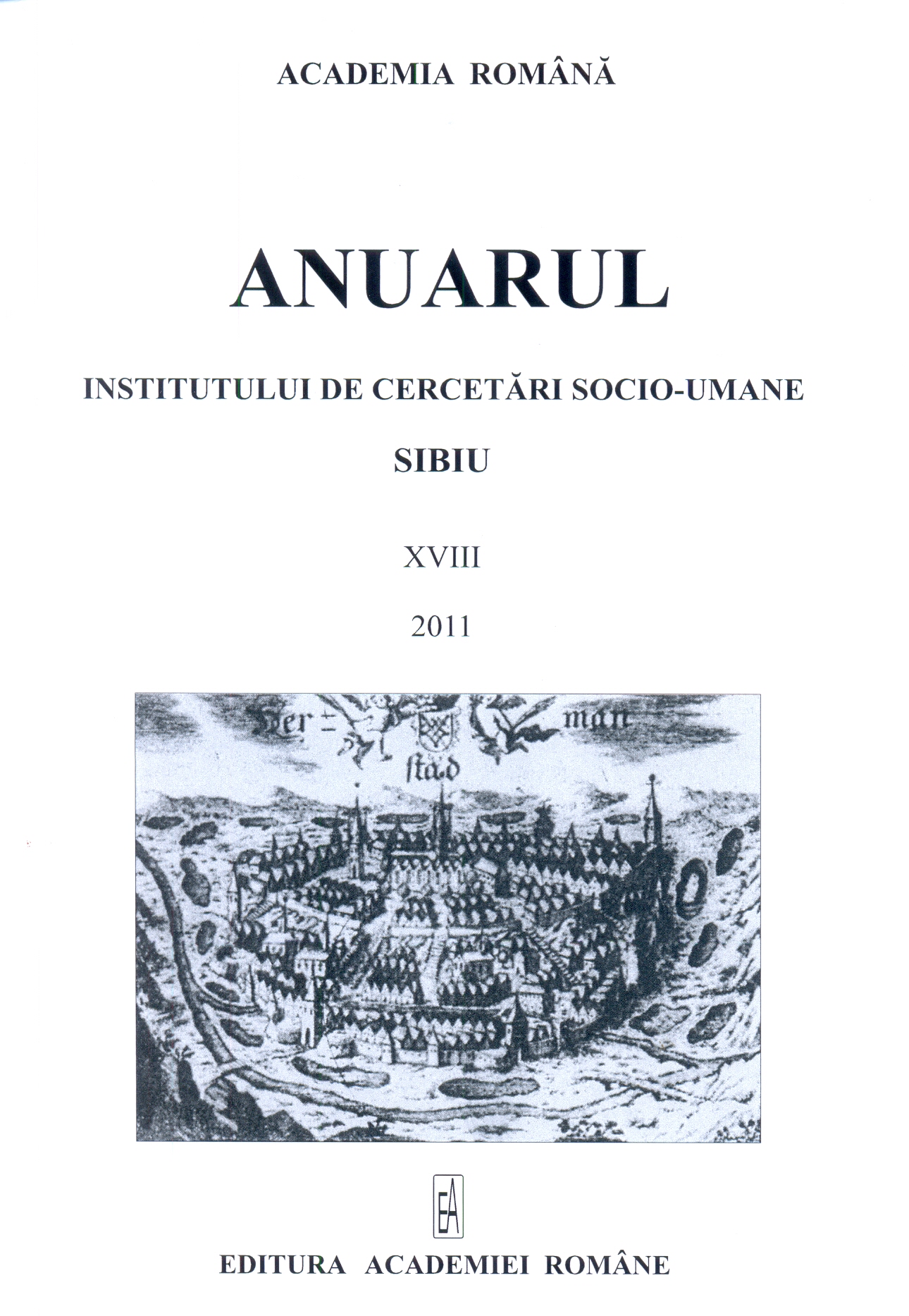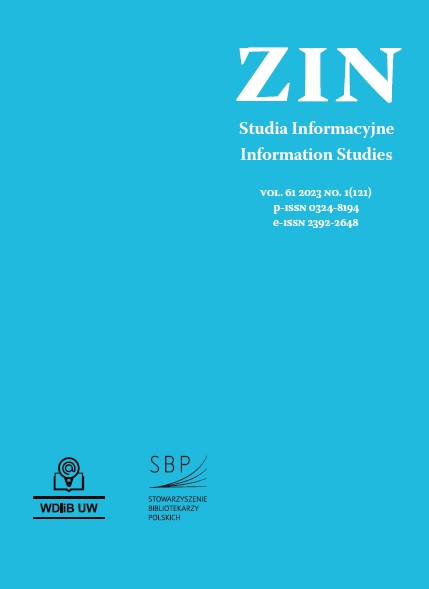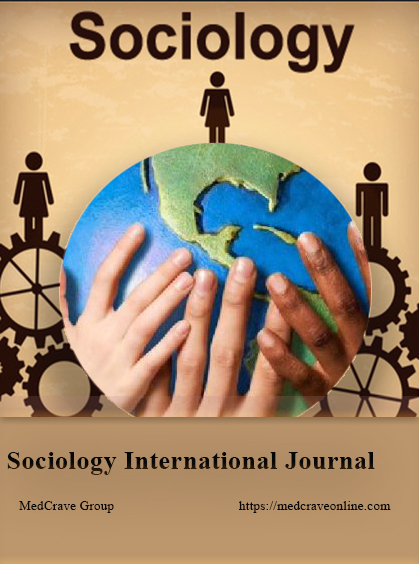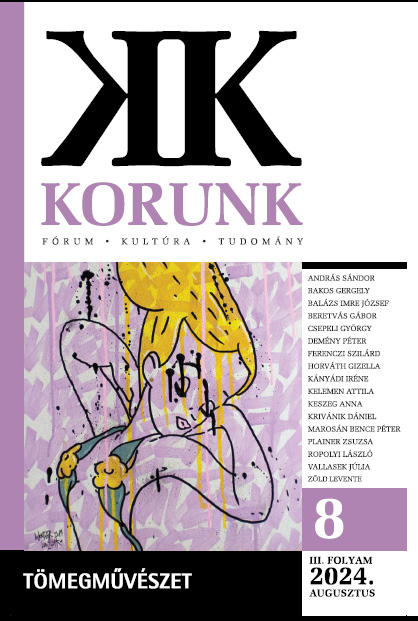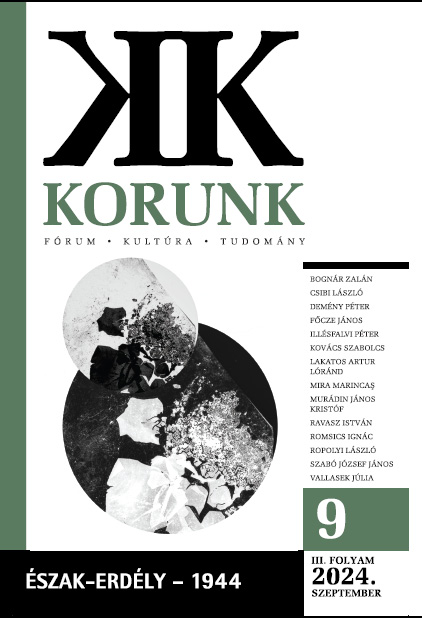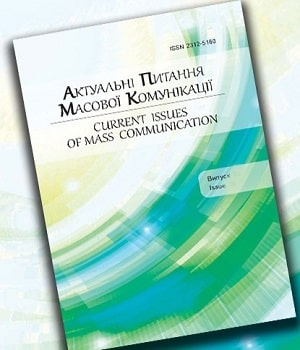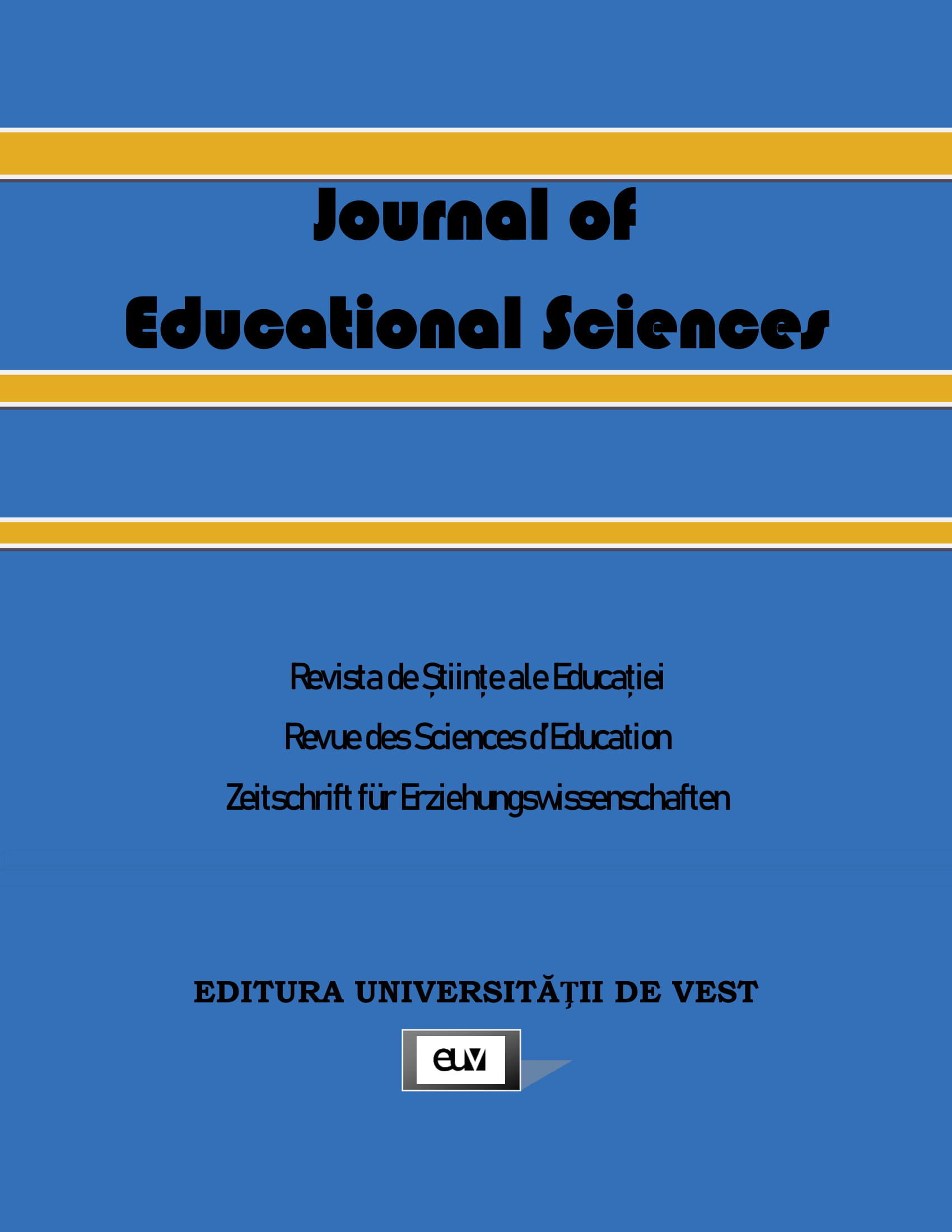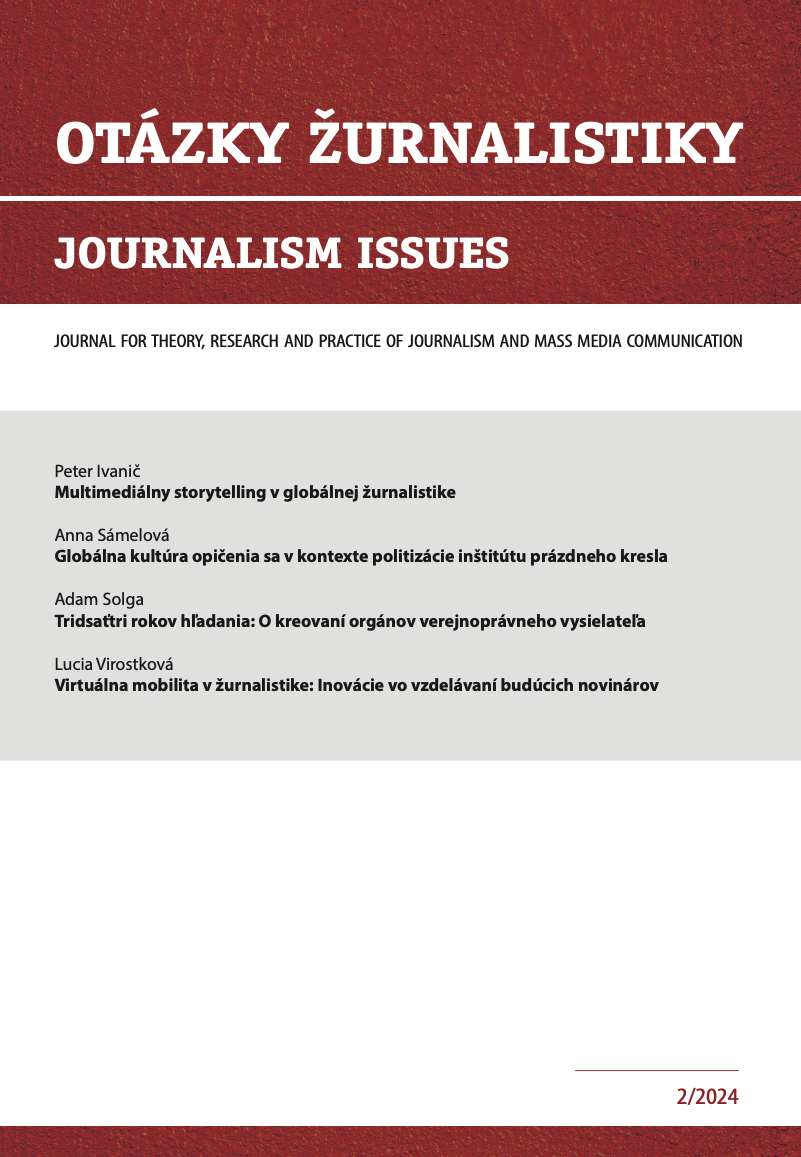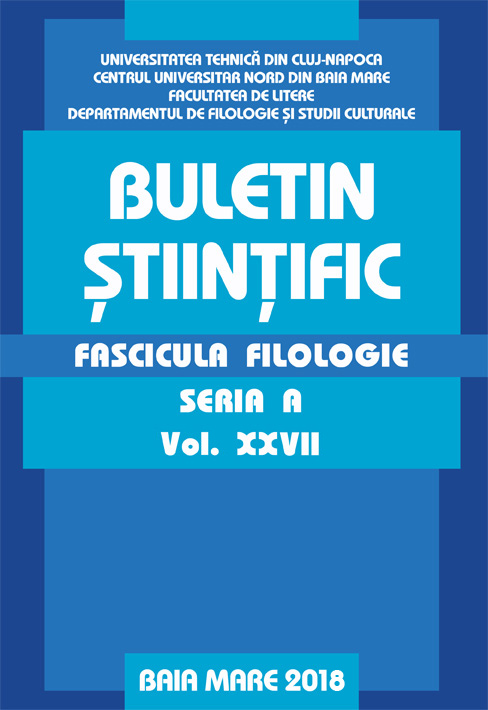
Discussion Sections of Scientific Research articles: Challenges and Opportunities
Discussion sections are of crucial importance for the acceptance and subsequent dissemination of knowledge claims introduced in scientific research articles. Therefore, this paper aims to summarize the most relevant challenges that academic writers were reported to encounter when writing this section of scientific research articles as well as to highlight the opportunities that successful Discussion sections can provide in today’s highly competitive academic environment. The rhetorical strategies most commonly used to interactively introduce and support new claims will be presented alongside the difficulties encountered especially by non-native academics who wish to publish their research results in international English-language journals.
More...
